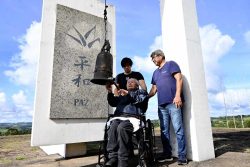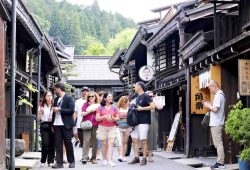Japan to Launch New Subsidies to Help Employees, Business Operators Change Jobs or Industries
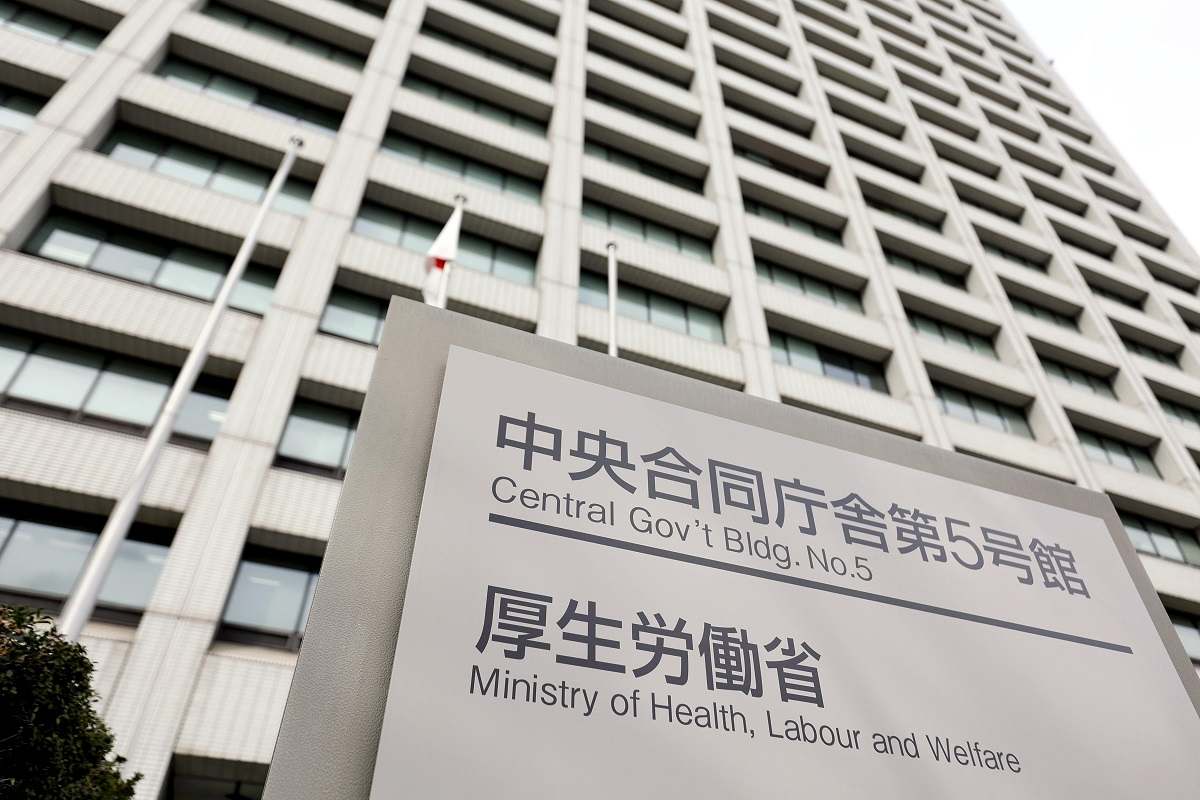
The Health, Labor and Welfare Ministry
21:05 JST, January 2, 2021
The Health, Labor and Welfare Ministry will launch a new subsidy system in 2021 to support employees and business operators hit hard by the novel coronavirus — such as those in the tourism and restaurant sectors — helping them to find new jobs or change their field.
Under the new system, the central government will back up relevant efforts by prefectural governments, aiming to help create new employment and preserve job security.
The subsidies will be extended to programs implemented by Tokyo and other prefectural governments to help people who lose their jobs or shutter their business due to the impact of the coronavirus. In the case of the unemployed, the new system is aimed at such local government programs as those intended to foster through practical training employees who would be an immediate asset to new employers, and programs to help people obtain professional qualifications through relearning at colleges.
For business operators, the system envisages such programs as those aimed at supporting operators who go into a new field or diversify their line of business. As specific examples, the ministry cites programs aimed at helping business operators review their businesses via information and communication technology, and helping them provide their employees with training to acquire skills needed in their new line of business.
Under the new system, if a prefectural government’s application passes the screening by the central government, the state will extend financial support worth 90% of the program’s expenses, with an upper limit of ¥225 million a year for a maximum of three years.
This subsidy program has been included in the third supplementary budget for fiscal 2020. Once the budget passes the ordinary Diet session, to be convened in January 2021, the program is expected to start soon after.
The central government has already underpinned the securing of jobs, through employment measures such as expnding of a system to subsidize a portion of leave allowance.
The new subsidy system is also aimed at responding flexibly to changes in industrial structures, with the advent of the post-coronavirus era in mind, and promoting transfers into sectors where demand is expected to grow in the future.
The labor ministry believes programs tailored to the actual circumstances of each region can be rolled out, because individual prefectual governments will take a central role in implementing the new subsidy system.
According to the ministry, 79,522 employees had been fired or not had their job contracts renewed due to the impact of the virus in 2020 as of Dec. 25, including firings and non-renewals that had not yet taken place but were expected.
A survey by credit research company Tokyo Shoko Research showed that 43,802 businesses suspended or ceased operations, or decided to dissolve themselves, from January through October. The number appears to be heading for a new annual record.
These figures illustrate the heavy blow dealt to employees and businesses by the novel coronavirus.
"Politics" POPULAR ARTICLE
-
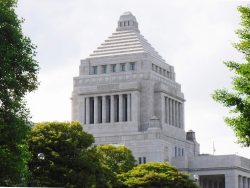
Poll: Japan’s LDP Likely to Lose Seats in Proportional Representation Segment; DPFP, Sanseito Expected to Gain More Seats in Upper House
-

Japan to Export Used Destroyers to Philippines, as Both Countries Look to Counter China on Seas
-
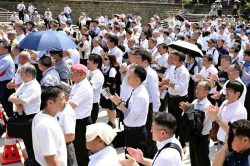
Upper House Election: 16 Constituencies See Head-to-head ‘Ruling vs Opposition’ Races; Opposition Parties More Coordinated than 3 Years Ago
-
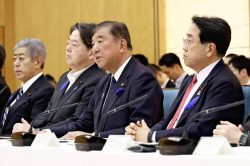
25% ‘Reciprocal Tariff’ Would Be Blow to Japanese Economy; Major Exporters Foresee Drastically Reduced Profits
-

Upper House Election: Topic of Foreign Nationals Becomes Key Issue in Japan Election; Baseless Criticisms Against Foreigners Spread on Social Media
JN ACCESS RANKING
-

Lawson to Offer Car Camping Service at Select Stores; 6 Chiba Stores to Offer Service from Monday
-

Japan Real Wages Fall for 5th Month in May
-
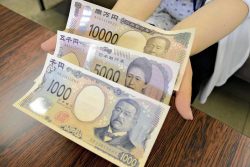
New Banknotes Account for Only 30% of All Bills in Circulation; Increased Use of Cashless Payments Seen as Cause of Slow Adoption Rate
-

Govt Mandates Collecting, Recycling of Some Devices with Lithium-Ion Batteries Amid Fire Concerns
-
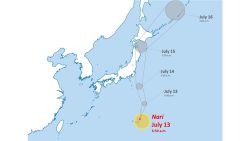
Typhoon Nari Approaching Japan’s Kanto Region; Heavy Rain, Strong Wind Expected on Monday


















